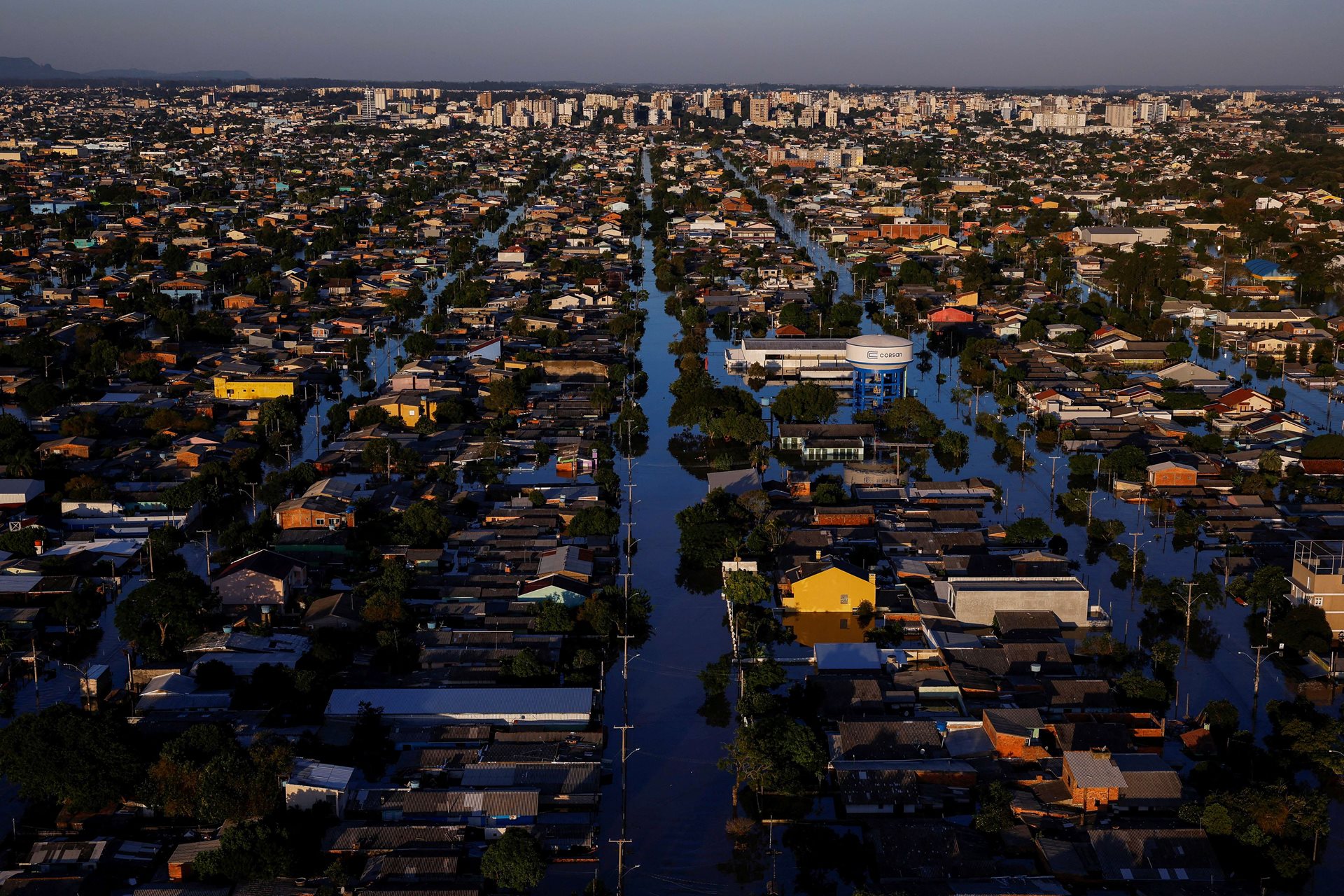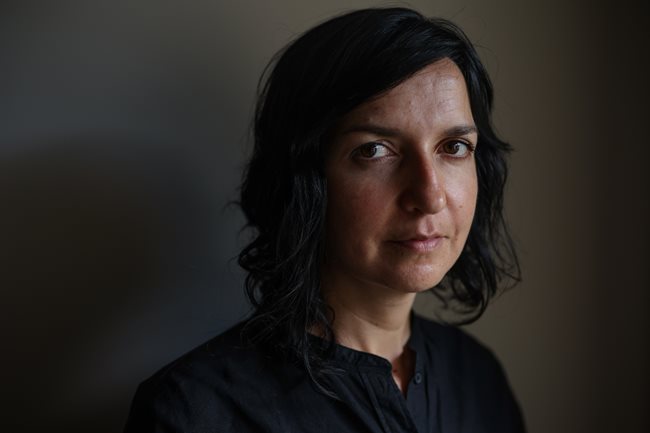Flooded streets in Canoas, one of the most affected cities in Rio Grande do Sul, Brazil.
Record-breaking floods in the state of Rio Grande do Sul, Brazil, have caused widespread environmental devastation, the displacement of over 600,000 residents, and the death of 183 people The government declared it the state's largest climate disaster ever, with 2.39 million residents affected and major human, non-human and economic losses.
Combining weather observations with results from climate models, scientists estimate that climate change had made the event in southern Brazil twice as likely and around 6% to 9% more intense. Experts from the World Weather Attribution group said that the heavy rainfall which inundated whole towns and destroyed infrastructure was an “extremely rare” event expected to occur only once every 100 to 250 years. But, according to the group, it would have been more rare without factoring in human activities such as the burning of fossil fuels. Failure of critical infrastructure, deforestation, and rapid urbanization also helped amplify the effects of the disaster.
On the streets, no residents have ever witnessed any flood of this magnitude in their lifetimes. While some are considering leaving everything behind to start anew elsewhere, others are focused on how to rebuild their lives. João Engelmann and Edite de Almeida have chosen to stay and rebuild. “I’m grateful we survived, and I mourn for those who lost family.” Edite said. “We’ve come from nothing. We’ve returned to nothing. Now we start again.”
Are you a photographer and/or passionate about press freedom? Sign up for our newsletter to stay updated on our annual contest and to hear about exhibitions near you.

